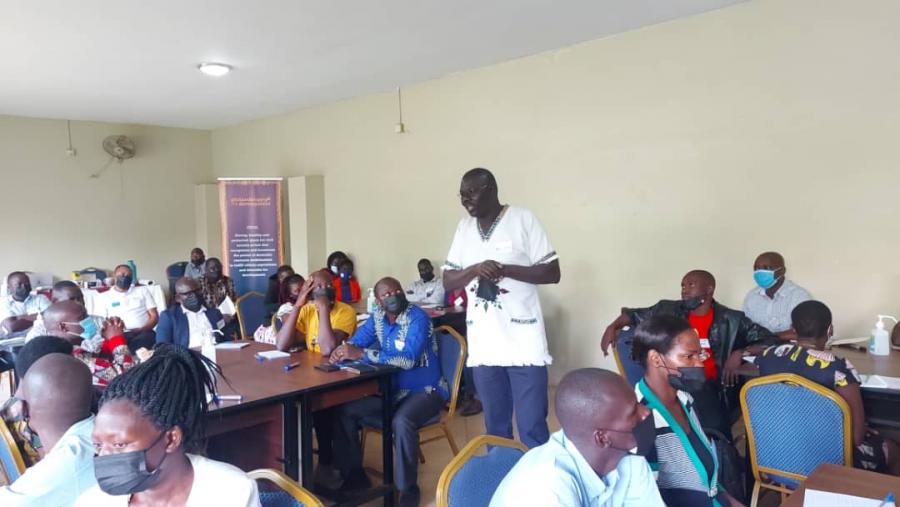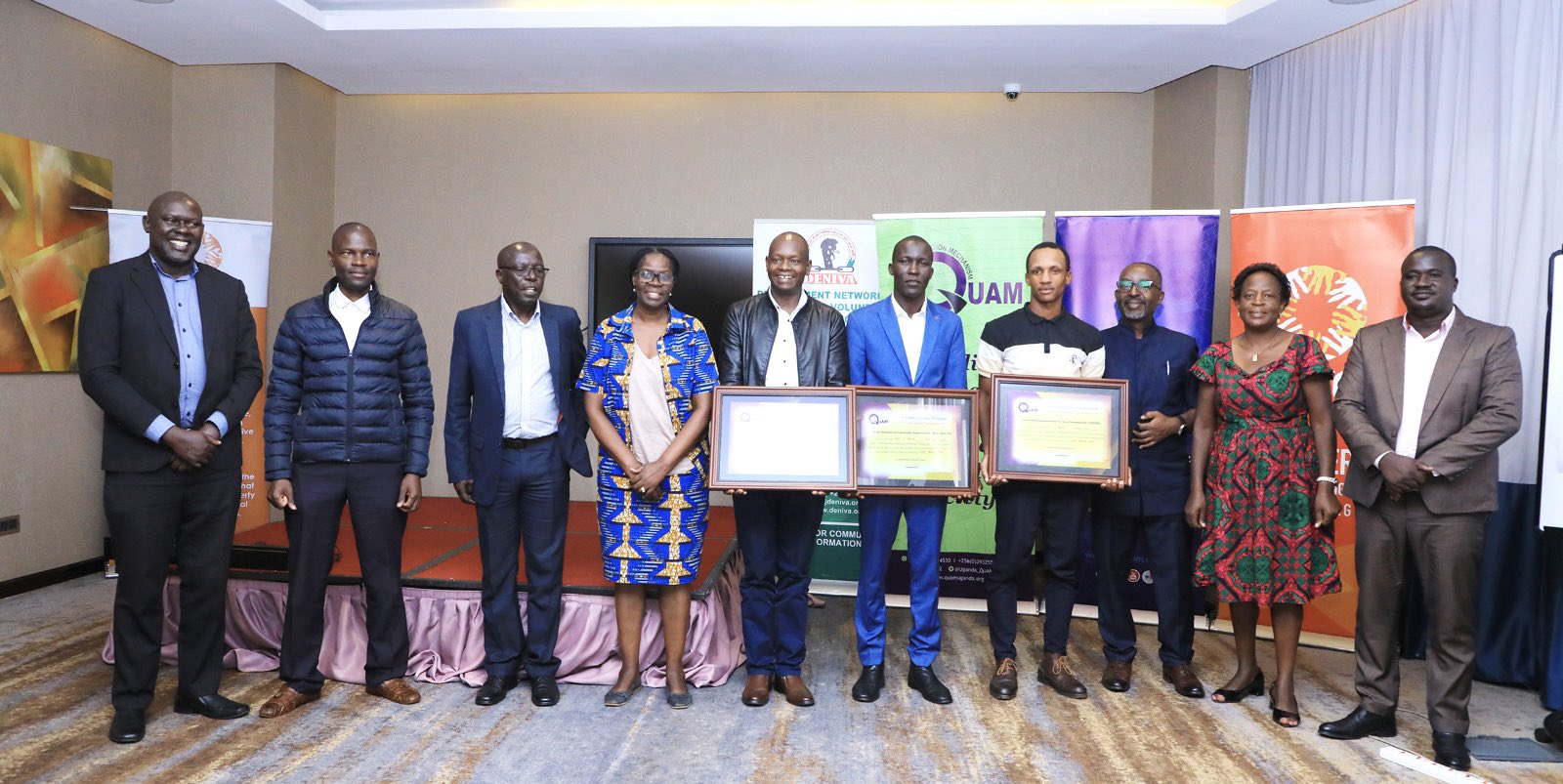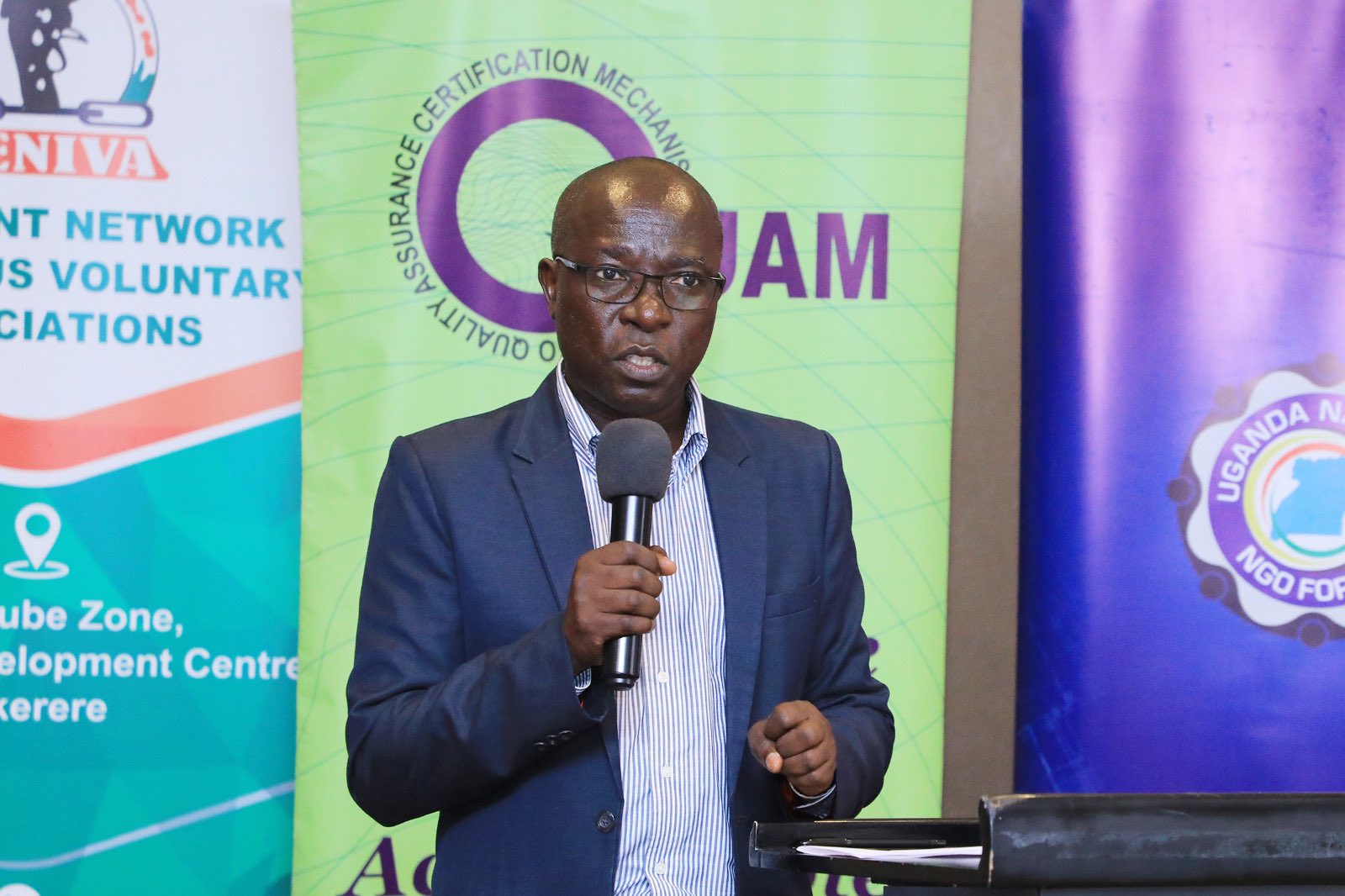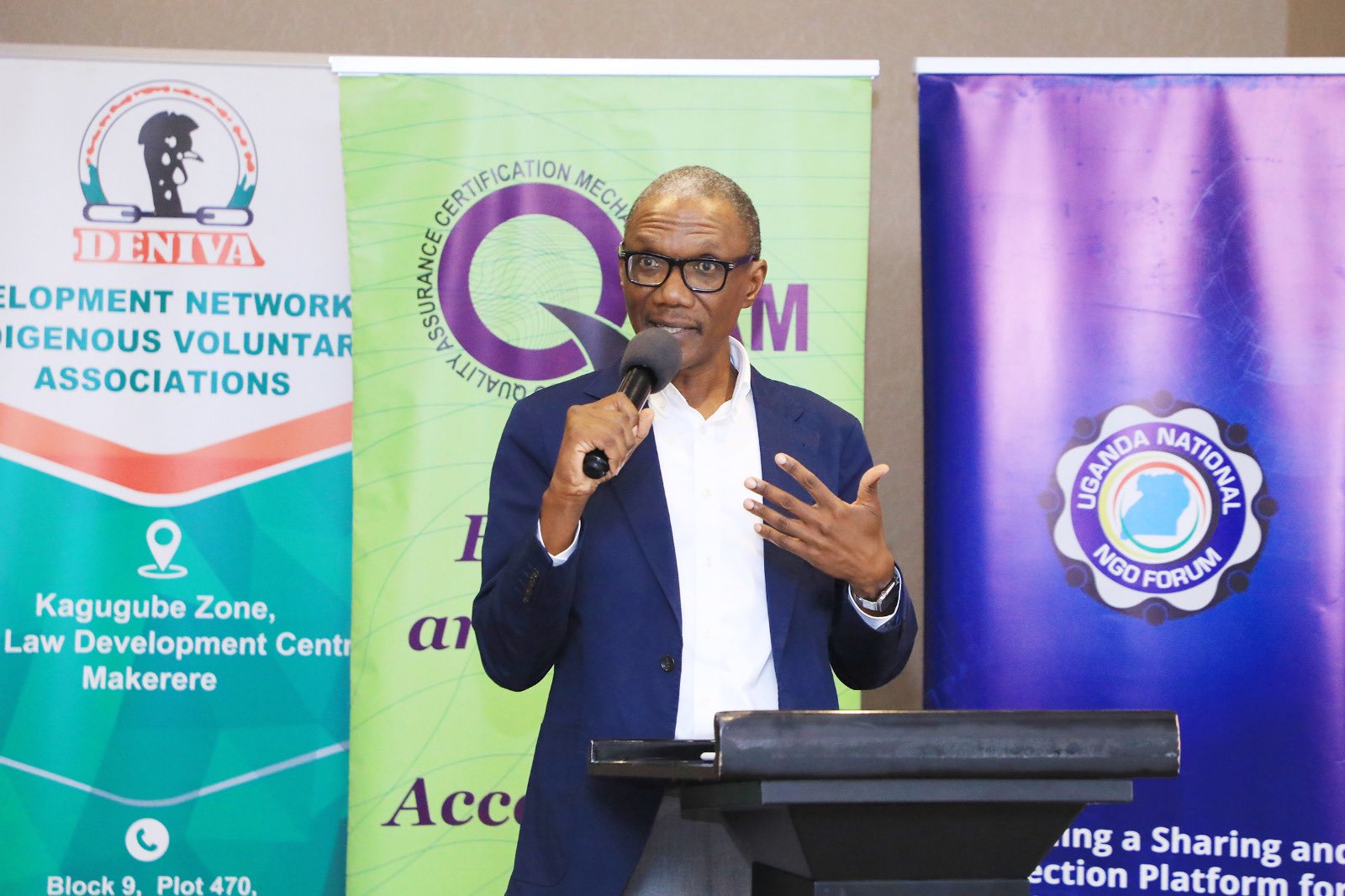
UNNGOF Equips 50 Community Facilitators
This was at the Philanthropy for Development training of community facilitators held in Lira District on 25th January 2022. The training brought together 50 community facilitators from the 14 regions of Uganda as key personnel engaging citizens to discuss their community problems and advocate for community giving as a solution.
The training was an interactive discussion on what facilitation is, what qualities a facilitator should have and how one can prepare for facilitation. One of the trainers, Rev. Patrick Onaga, defined facilitation as the process of guiding and opening the minds of participants to discuss their issues and come up with solutions. It was further emphasized that facilitation in community spaces like fireplace conversations should be participatory, encouraging people to bring out their concerns, with facilitators guiding the process to enable participants to come up with solutions.
The training was active with the trainees sharing and discussing with one another. According to Wambede Daniel from Bugisu region, building rapport is important while engaging with a community. Mutama Betty of Bugisu NGO Forum believes that mobilisation of the right people is key to talking about community issues.
Incorporating role-play, participants brought out the key qualities of a community facilitator. “A facilitator should engage participants individually while being sensitive to inherent differences or disabilities,” said Nkuna Joash from Bunyoro region.
“Facilitators should ensure that communities clearly define their problems to come up with the best solution,” Amos Kasambira from Namutumba NGO Forum, Busoga region added. Isaac Mugisa (KANCA, Tooro region) also shared that facilitators should ensure to document engagements with citizens for reference and follow up.
Above all, it was noted that facilitators should be emotionally stable as they go out to the community to resist all biases. As they prepare to engage citizens, they should also come up with an agenda, think of the methods that will encourage active participation and be mindful of the language to use. As the training to came an end, research was highlighted as an important aspect if it is backed by the right data, for community facilitators to understand community problems from the community’s perspective and to guide people to come up with viable solutions.



